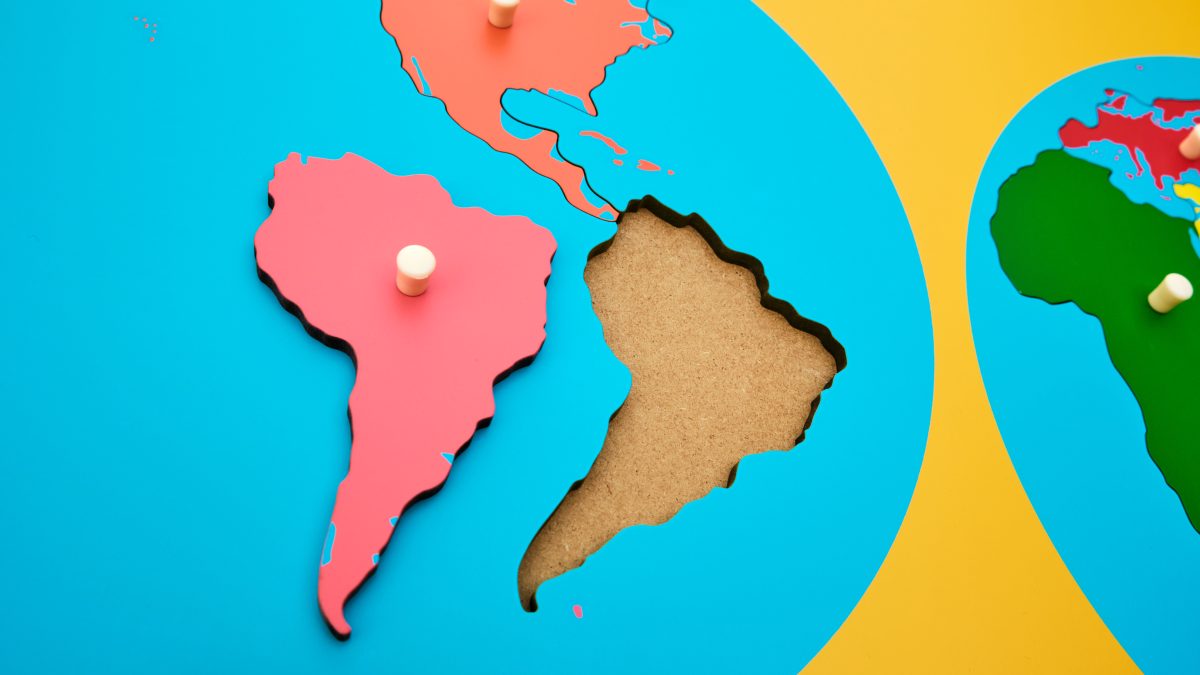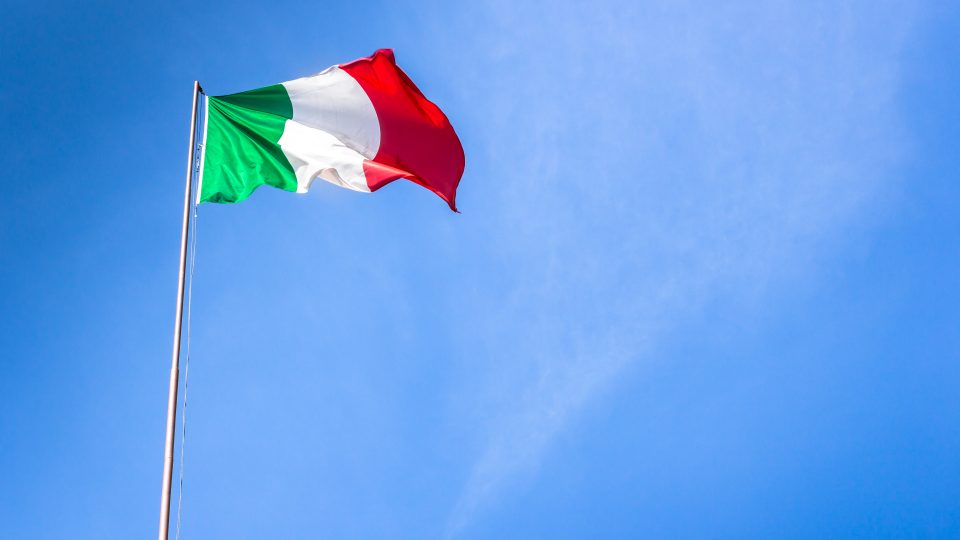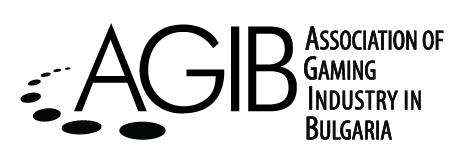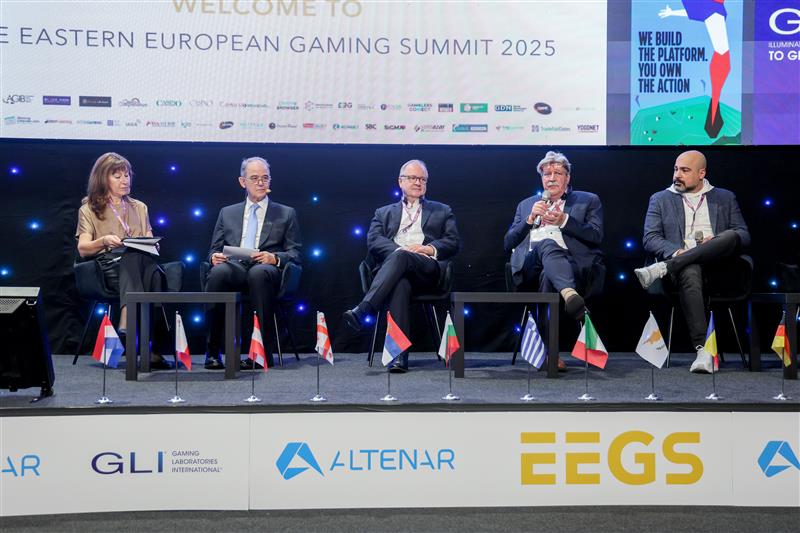In a significant move for Latin America’s gambling landscape, Paraguay and Brazil have recently introduced groundbreaking changes to their regulatory frameworks, reshaping the future of their respective gaming markets.
A new era of gambling regulation in Paraguay
Paraguay has taken a historic step by legalizing gambling through the promulgation of Law 7.438, signed by President Santiago Peña. This new legal regime introduces a modernized approach to gambling regulation, replacing outdated frameworks and addressing longstanding challenges related to oversight and security.
The National Gambling Commission (Conajzar) will now operate under the jurisdiction of the National Directorate of Tax Revenue (DNIT). This restructuring aims to replicate DNIT’s success in tax collection, bolstering Conajzar’s resources with additional inspectors and enhanced legal and control capabilities. These improvements will enable more effective combatting of illegal gambling, including the ability to block unauthorized online platforms through partnerships with national technology centers and telecommunications authorities.
Key reforms include removing gambling monopolies, allowing unlimited licenses for sports betting and other games, and introducing regulations for online gambling to keep pace with technological advancements. Paraguay’s government anticipates that these changes will attract investment and expand opportunities in the local gambling sector.
Brazil launches fully regulated online betting market
Brazil, Latin America’s largest economy, officially launched its regulated online betting market on January 1, 2025, after years of legislative efforts. Fourteen companies received full licenses, while another 52 were granted provisional authorizations pending compliance with specific requirements.
This development marks the culmination of a regulatory journey that began with the approval of online betting legislation in 2018 and culminated in a final green light in December 2023. The Secretariat of Prizes and Bets (SPA) played a pivotal role, releasing regulations in 2024 to guide operators through the licensing process.
Brazil’s framework imposes strict rules to ensure transparency and consumer protection, including mandatory facial recognition for player registration, restrictions on monetary transfers, and a ban on credit and cryptocurrency betting. Licensed operators must also use domains ending in “.br” to distinguish themselves from unregulated platforms.
The new regulations introduce a 12% gross gaming revenue (GGR) tax, supplemented by other levies, resulting in an effective tax rate of approximately 36%. Winnings above BRL2,824 are also subject to a 15% tax. These measures aim to curb illegal gambling and elevate Brazil’s betting market to international standards.
A shared vision for growth and responsibility
Both Paraguay and Brazil are aligning their gambling sectors with global regulatory practices, focusing on transparency, player protection, and market growth. These changes signify a commitment to fostering innovation while addressing the challenges posed by unregulated markets.
With their revamped frameworks, these nations are poised to become benchmarks for regulatory excellence in Latin America, setting the stage for sustainable growth and international collaboration within the gambling industry.




